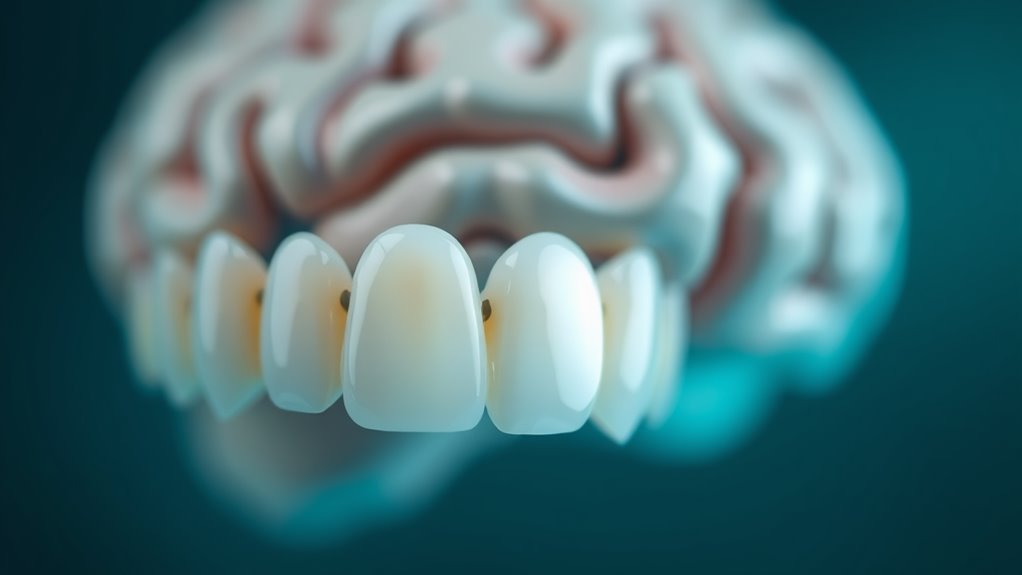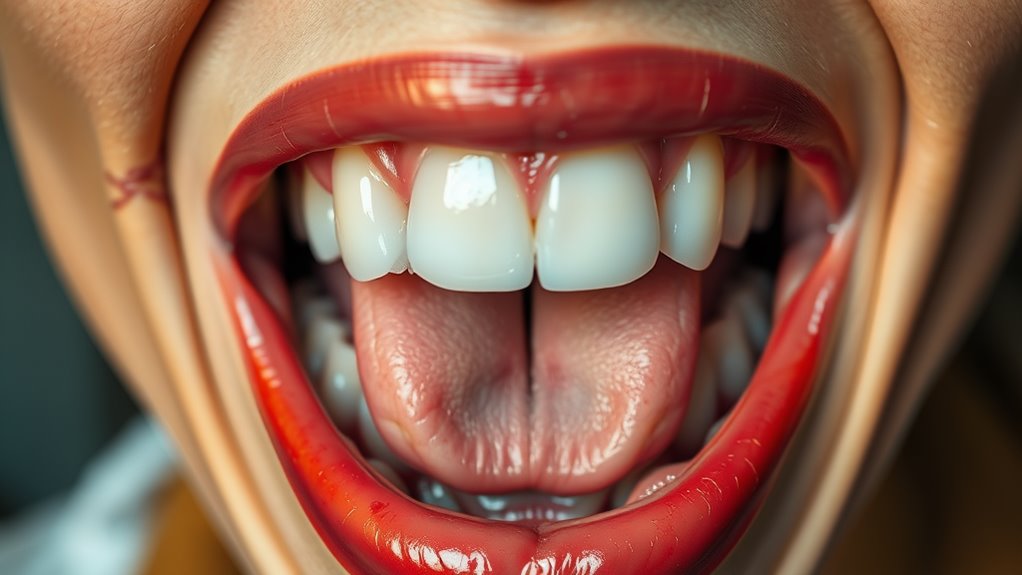The Connection Between Oral Health and Heart Health
Your oral health might be more crucial to your heart than you realize. Poor dental hygiene can lead to gum disease, which isn’t just a dental concern; it’s linked to serious cardiovascular risks. Bacteria from your mouth can enter your bloodstream, amplifying inflammation that contributes to heart problems. Understanding this connection could change how you approach both your oral and overall health. What steps can you take to safeguard both?
Understanding the Link Between Gum Disease and Heart Disease
Gum disease, also known as periodontal disease, plays a significant role in your overall health, particularly concerning heart disease. Research indicates that bacteria from infected gums can enter your bloodstream, potentially leading to cardiovascular issues. Maintaining optimal oral health is crucial to reduce the risk of heart disease. You must prioritize regular dental care to support both your oral and heart health. Additionally, individuals with gum disease are 2-3 times more likely to face heart attacks or strokes, highlighting the importance of preventive measures.
The Role of Inflammation in Oral and Cardiovascular Health
While the connection between inflammation and health is complex, understanding its role in both oral and cardiovascular systems is crucial. Inflammation can:
- Contribute to gum disease, leading to the release of inflammatory markers.
- Increase arterial plaque buildup, raising heart disease risk.
- Trigger systemic inflammation, affecting overall cardiovascular health. Moreover, gum disease inflammation is linked to increased risks of heart problems via blood vessels and cardiovascular health.
How Poor Oral Hygiene Can Increase Heart Risk
Neglecting your oral hygiene can have far-reaching consequences beyond just cavities and bad breath; it can significantly elevate your risk for heart disease. Bacteria from untreated gum disease can enter your bloodstream, causing inflammation and plaque build-up in arteries. This process can lead to atherosclerosis, increasing the likelihood of heart attacks and strokes. Prioritizing oral cleanliness is crucial for overall cardiovascular health. Additionally, individuals with gum disease are 2-3 times more likely to face cardiovascular events.
Tips for Maintaining Optimal Oral and Heart Health
To maintain optimal oral and heart health, it’s vital to establish a consistent routine that incorporates effective dental care practices. Consider these key strategies:
- Brush your teeth twice daily with fluoride toothpaste to reduce plaque buildup.
- Floss daily to remove food particles and prevent gum disease.
- Limit sugary snacks and beverages to lower the risk of cavities and inflammation. Additionally, maintaining good oral hygiene can help prevent systemic inflammation, which is linked to serious health conditions, including heart disease.
The Importance of Regular Dental Check-ups for Heart Health
Regular dental check-ups play a crucial role in maintaining not just your oral health but also your heart health. Inflammation from periodontal disease may enter your bloodstream, increasing cardiovascular risks. During check-ups, your dentist can identify early signs of gum disease and plaque buildup, allowing for timely interventions. Prioritizing these visits helps ensure both your mouth and heart remain healthy over time. Additionally, neglecting gums can lead to serious health implications due to bacterial buildup.




